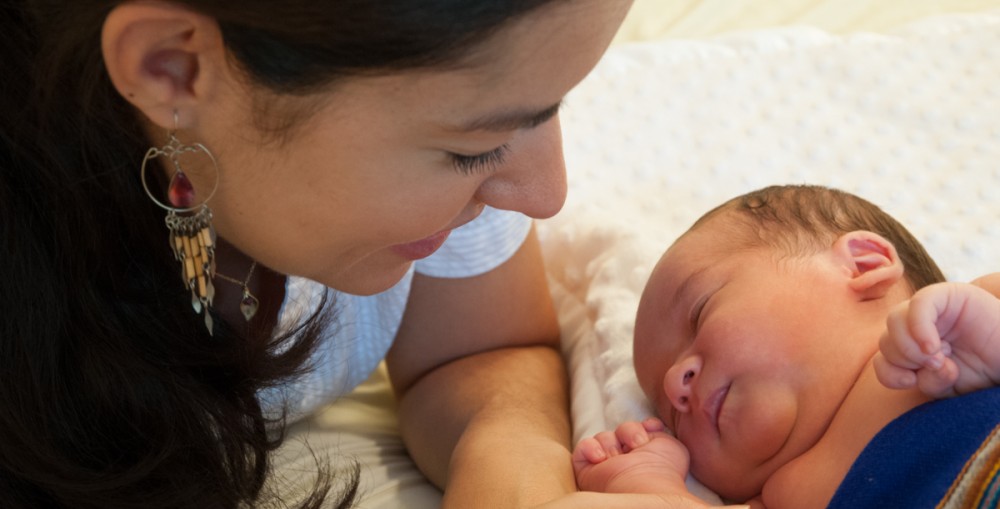After our brief discussion at the end of class, I found myself searching for recent news about obstetric violence, and came across this article in XXXX written on October 1st, 2014. It discusses how there are several cases of women speaking out because they were either forced into c-sections or received episiotomies without being asked. Shocking as it is that this would occur, it presents the idea of who are we really treating during birth. Is the focus the fetus—to make it out in the best condition possible—so the decision is made by the medical provider? Or is the focus the mother—to honor her preferences—and risk some fetal factors to satisfy her desires/needs for birth? Do we really have to choose?
I think many times when women give birth in the US, the relationship between provider and patient is established and decisions have already been clear in case things progressed to certain situations. But what if they have not? It is my understanding that it is the provider’s responsibility to ensure a healthy state for both parties. What if their lives aren’t at risk, but some things would just “make it easier?” Who do you make it “easier” for?
The article also refers to an Australian organization Birthtalk, which describes traumatic birth as, “A birth that you can’t let alone. It stays with you…It might not look ‘that bad’ to an outsider. It might not look ‘that bad’ to your partner…It could have been a caesarean or a natural birth. It might have taken 30 hours or 3 hours. A bad birth is defined by the way you feel not just the events that occurred.” How do you set standards and give suggestions for this situation if birth is not to be based on any one person’s interpretation of an already very difficult process? Is this the approach to have? One could argue….isn’t the mother healthy and leaving with a happy, healthy baby?
I also was interested to keep the discussion going about culture and how one’s understanding of their own culture might affect their perception of other cultures. The article mentioned above continues “our cultural view of pregnancy and birth, it seems, stems from a patriarchal attitude that feminism seeks to dismantle: that women must be submissive, passive, and let the experts who know better do the work.”
So where do we go from here? How do we advocate for women in their birthing experience, but empower them to trust the medical team?
Lock, K. (2014, October). We Need to Talk About Obstetric Violence. Daily Life. Retrieved from http://www.dailylife.com.au/news-and-views/dl-opinion/we-need-to-talk-about-obstetric-violence-20140930-3gydt.html
